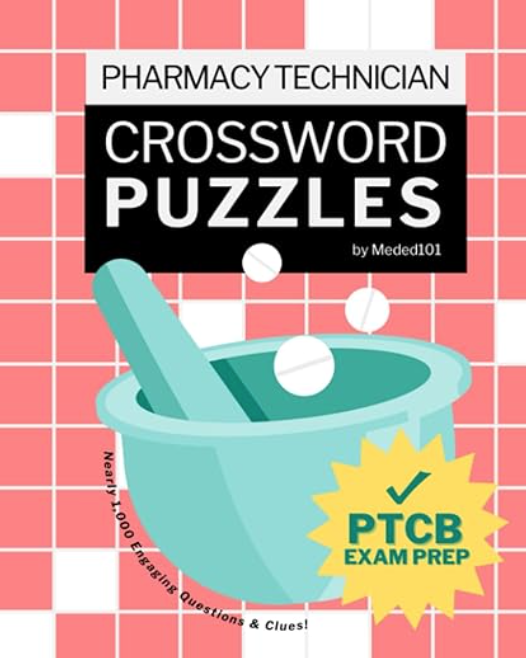We’ve been doing some work lately to develop a chart of commonly used drugs with pharmacogenomic considerations. In anticipation of that table, I thought I’d share my top 5 medications that have pharmacogenomic considerations. If you are taking a board exam (BCMTMS, NAPLEX, BCACP, BCPS, or BCGP) soon, I would definitely pay a little closer attention!!!
Pharmacogenomics is a rapidly growing area of clinical pharmacy and this is the tip of the iceberg, but a great place to start when memorizing a few of these genetic considerations. If you are looking for more information on this topic, the CPIC guidelines are a good place to start.
Warfarin – VKORC1 and CYP2C9
Warfarin – Ah yes…what would a top 5 list of pharmacogenomic considerations be without warfarin? Warfarin has two significant pharmacogenomic alterations that may affect dosing. The VKORC1 gene provides the genetic code to create vitamin K epoxide reductase. The vitamin K epoxide reductase enzyme is critical in the formation of clotting factors.
Warfarin is broken down significantly by CYP2C9. When a patient is a slow metabolizer of this enzyme, it can lead to increased concentrations of warfarin. During initiation, reduced dosing and paying close attention to the INR are critical.
Clopidogrel – CYP2C19
One situation in which clopidogrel may not be an option is if a patient is a known CYP2C19 poor metabolizer. This means that they carry two no-function alleles and clopidogrel cannot be formed into the active metabolite. In the case of a known CYP2C19 poor metabolizer, CPIC (Clinical Pharmacogenetics Implementation Consortium) guidelines recommend avoiding clopidogrel and using prasugrel or ticagrelor as long as no contraindications exist. I’ve covered my top five CYP2C19 drug interactions in the past which you can find here.
Abacavir – HLA B*5701
I must confess, that I’m not a perfect HIV/AIDS expert when it comes to all the different medications, but abacavir is an NRTI that can be used as part of an antiretroviral regimen. There is actually a boxed warning with this medication and use of the drug is contraindicated in patients who have the HLA B*5701 allele. Patients with the allele have an increased risk of severe hypersensitivity reactions. As part of its pharmacogenomic considerations, it is also required to screen for the allele prior to beginning drug therapy.
Allopurinol – HLA B*58:01
Allopurinol is a very commonly used medication in the management of gout. It is the mainstay in reducing uric acid levels and preventing future gout flares. There are a few clinical pearls with allopurinol (like this classic drug interaction), but the hypersensitivity risk is one that is often forgotten about. Patients with the HLA B*58:01 allele are at higher risk for hypersensitivity reactions. Screening is not mandatory like it is for abacavir, but can be considered.
Carbamazepine – HLA B*1502
Carbamazepine is a seizure medication that can also be used in the management of bipolar disorder and trigeminal neuralgia. It is associated with an increased risk of hypersensitivity reactions in patients who are positive for the HLA B*1502 allele. There is a boxed warning on this risk and testing should be considered, especially in patients that may be at higher risk (i.e. certain ethnicities, family history of reaction, etc.). Use is not recommended if the patient is positive for the HLA B*1502 allele.
Would you add any other drugs with pharmacogenomic considerations based on your experience?
- 30 medication mistakes PDF
- 18+ Page Drug Interaction PDF
- 10 Commandments of Polypharmacy Webinar based on my experiences in clinical practice









0 Comments